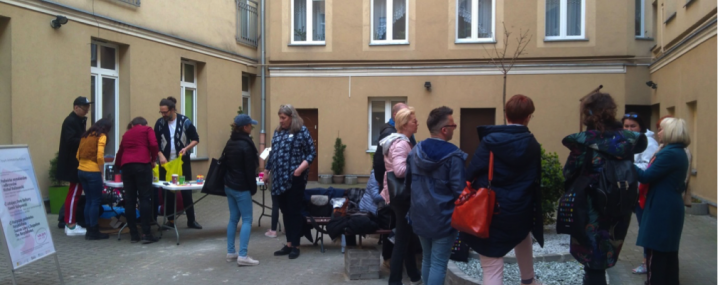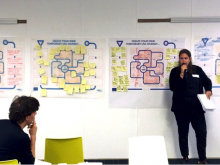Germany
Urban development in Germany
Germany has a decentralised structure with metropolitan regions, cities, medium-sized and small towns. Functioning as centres for economy, supply and employment, they all have a significant impact on the regional development in Germany. For the last decade, most of the German cities are reporting increasing inhabitants. In many places this has led to bottlenecks on the housing market and to increasing rents. However, economically weak and rural areas are often struggling with vacancies and emigration. They are faced with the challenge of a sustainable shrinking. Thus, strengthened urban-rural cooperation is necessary to secure services of general interest. Additional challenges are climate protection, energy transition and energy-oriented modernisation, demographic change and social cohesion. In this context, open planning processes as well as the participation of citizens and civil society are gaining significance.
The National Urban Development Policy is a common initiative of the Federal Government, the states (Länder) and municipalities. Its most important tool is the Urban Development Funding. It is supported by the Federal State with an amount of 700 million Euros every year. It focuses on programmes tackling social urban development, urban restructuring, city centre development, heritage protection and cooperation between small cities. The Federal Government and the states use the European Structural Funds on sustainable urban development to amend the national financing. The Federal Building Code represents the legal basis for the urban planning. It is specified by the federal states, whereas its concrete implementation is in the hands of cities and municipalities. Consequently, a local and regional self-government plays an important role in Germany’s urban development.
SOME RELATED NETWORKS
LINKS
LUMASEC
Creative SpIN
National URBACT Points
Article
Urban Heritage within URBACT projects
Article
REFILL@LILLE: Policy Design Labs and URBACT exchange networks
Article
4 ways cities are breathing life back into empty spaces
Article
Can Europe be sustainable by 2030? Only if cities lead the way
Article







